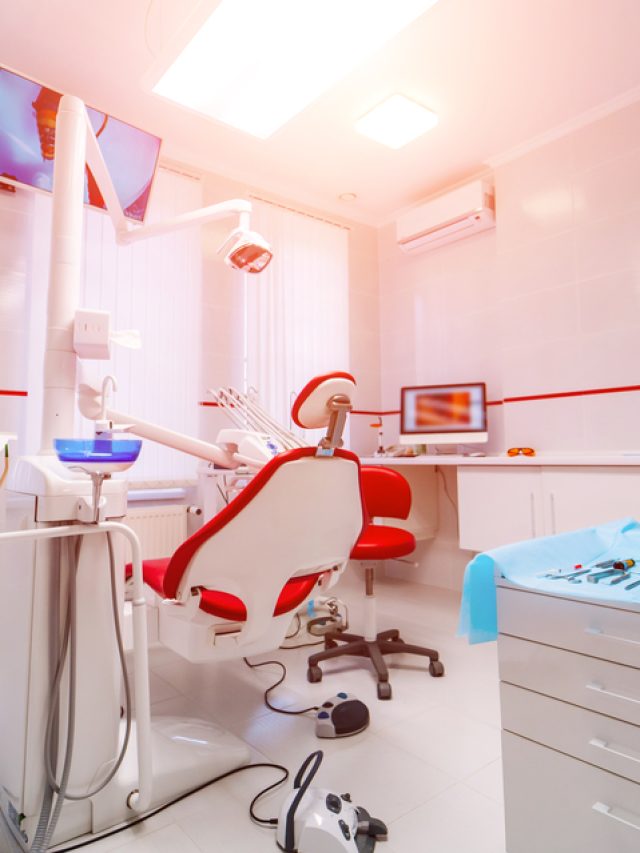Post-Operative Instructions for Extractions
During this time the most important care is to not disturb the surgical area.
Bleeding
Bite down with firm steady pressure on the gauze for 1/2 – 1 ½ hours. DO NOT CHEW THE GAUZE. Change gauze every 20 to 30 minutes as needed. Slight oozing of blood can be expected for several day following the surgery.
For Faster Healing
DO NOT RINSE your mouth with mouthwash and DO NOT SPIT, SUCK ON A STRAW, OR SMOKE for the first 7 days following the surgery.
Eating
Do not eat unless the numbness has worn off. Eat as much as comfort allows, a fairly soft diet is desirable for 24 hours following surgery. When drinking, avoid swishing liquids around before swallowing. Resume a normal diet as soon as possible.
Swelling
Some swelling is a normal reaction. To minimize swelling, apply an ice pack to the affected area five minutes on, five minutes off. Repeat this procedure for at least 4-6 hours immediately following the surgery. Swelling is usually evident following the surgical removal of impacted teeth. This swelling may be minimal or extensive and it may persist for several days. Some bruising or discoloration of the skin may be expected.
Medicines
Take these as directed by the doctor. Try to avoid taking them on an empty stomach, as this may lead to nausea and vomiting. Try taking the pain medication before the numbness wears off to improve comfort.
Discomfort
Most of the surgical discomfort should begin to subside three to four days after surgery. However, if after a few days of discomfort, our begin to have an increase in pain in the area of surgery, call the office.
Hygiene
24 hours after surgery begin rinsing lightly with lukewarm salt water solution, Repeat this rinsing four or five times a day for one week to cleanse the affected area. Do NOT forcefully spit when rinsing. Normal tooth brushing is permitted. Do not become alarmed if bleeding occurs when you clean your mouth. If you have any problems or questions, please call the office.
Crown and Bridge Post-Operative Instructions
- Numbness of your lip, tongue or palate may persist for several hours after procedure is complete. Do not chew, eat, drink hot liquids, or smoke until the anesthetic has worn off to prevent injury from accidentally biting or burning oneself.
- Soreness may occur at the tooth, surrounding gums, injections sites, or the jaw joint. If these occur, apply moist heat to the affected area and take an analgesic/anti-inflammatory, such as ibuprofen (if medically able to do so).
- A temporary restoration made out of acrylic or thin metal has been placed on your tooth. Avoid sticky or crunchy foods to prevent loosening or fracturing the temporary restoration.
- If the bite feels “high” on the temporary restoration, please call the office to have it adjusted. Failure to do so can result in a toothache or fracturing of the temporary restoration.
- Brush your temporary restoration daily. When flossing, slide the floss out from between the teeth instead of pulling back up. This prevents loosening of the temporary restoration.
- If your temporary restoration loosens, call the office to have it re-cemented. If you’re unable to come in, a thin layer of tooth paste can be applied to the inside to hold in place temporarily.
- It is very important to keep your next appointment, approximately 3-4 weeks after the initial appointment, to have the final crown cemented. Failure to keep your crown seat appointment can, overtime, result into teeth shifting or tooth fracture/loss due to the lack of protection.
- When the final crown restoration has been placed, brush and floss accordingly. Do not chew on ice cubes or any other hard objects or continue damaging habits. Use a sensitivity toothpaste with fluoride if thermal sensitivity occurs. Also, if the bite feels unusual, please schedule an appointment to get it checked.
- On occasions, damage to the pulp of the tooth may occur. Further treatment, such as a root canal therapy, may be necessary.
- Regular dental examinations are important to maintain the function and appearance of one’s crowns, bridges, etc.
- If you have any questions, please feel free to call the office at (855) 912-7677







